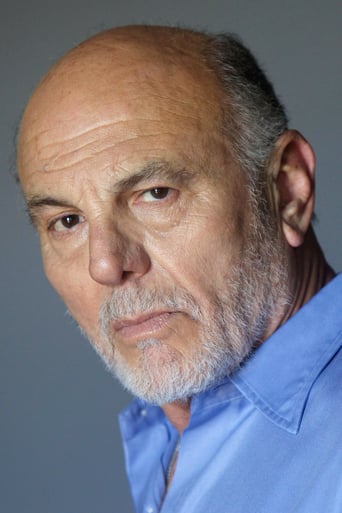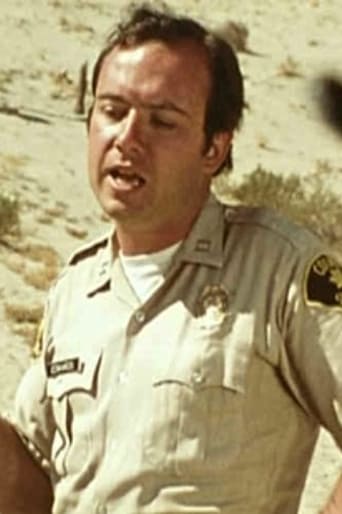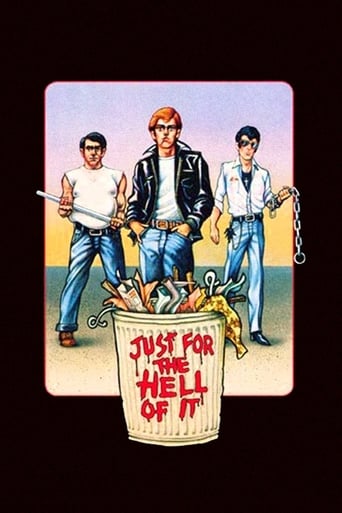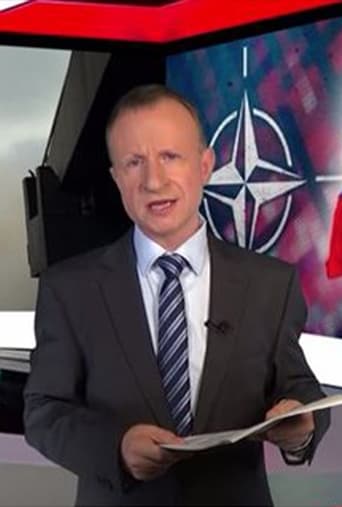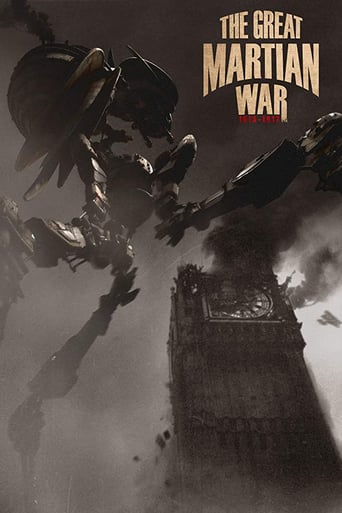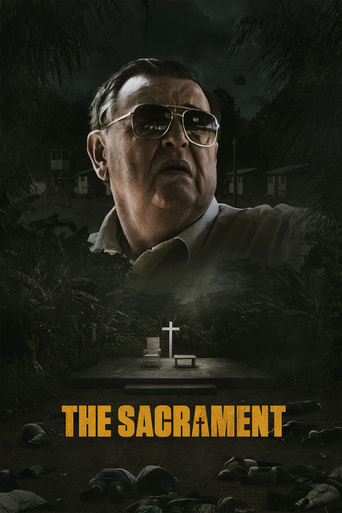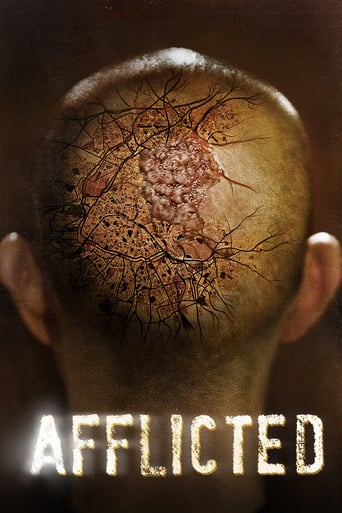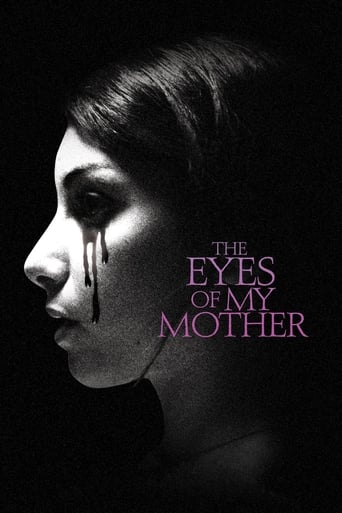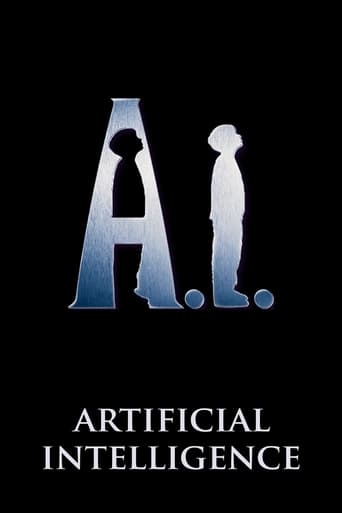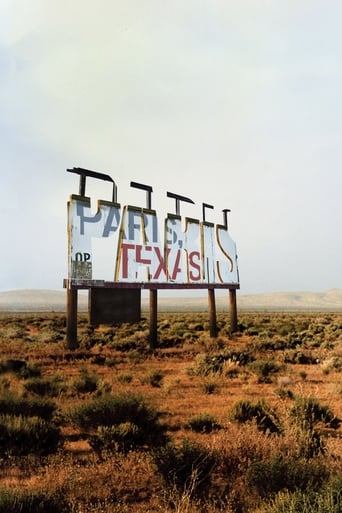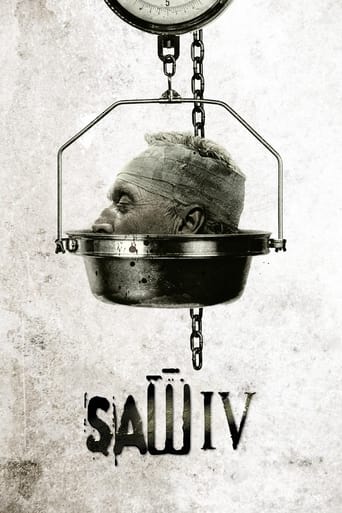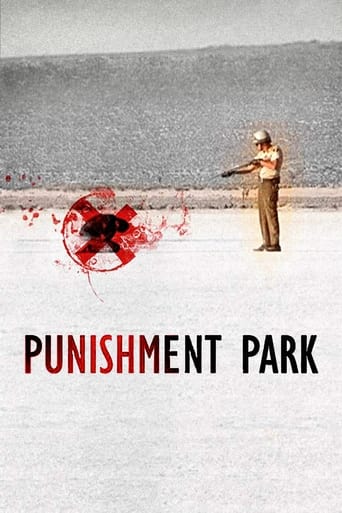
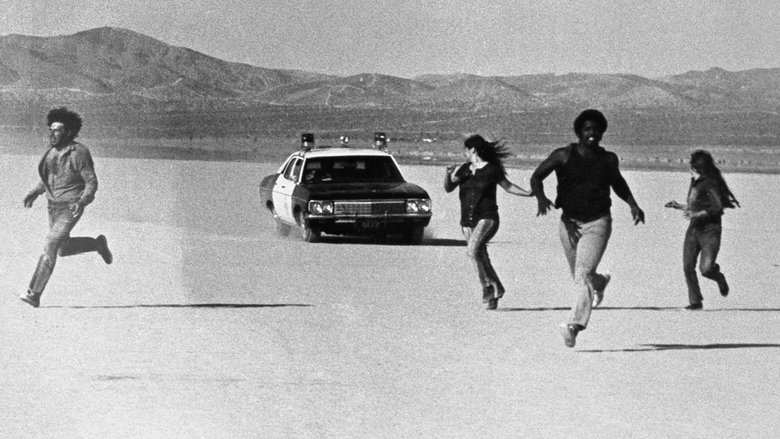
Punishment Park (1971)
In this fictional documentary, U.S. prisons are at capacity, and President Nixon declares a state of emergency. All new prisoners, most of whom are connected to the antiwar movement, are now given the choice of jail time or spending three days in Punishment Park, where they will be hunted for sport by federal authorities. The prisoners invariably choose the latter option, but learn that, between the desert heat and the brutal police officers, their chances of survival are slim.
Watch Trailer
Cast


Similar titles
Reviews
This is a prophetic film about the US government quashing any kind of dissent against what it considers its moral codes of the day. Putting those accused in front of a farcical panel that represents the establishment or is supposed to speak for the masses and condemns them to be incarcerated or face possible freedom by going through the terrain of Punishment Park and if succeeding to eventual freedom. The fact that the band of 'kids' have to traverse over 50 miles in impossible desert heat with no water with armed police in pursuit is an indication of their certain fate.This is a film that boils the blood. It made me angry. It made me feel sick. It made me think. I could not believe it was made such a long time ago. It seems to reflect exactly what is going on right now in Cuba with those prisoners who still have not been charged. What the hell is going on and how can they do that? Totally contravene international law on human rights. This film covers so many themes and issues about society and how we treat anyone questioning the status quo. The film shows a tipping in the balance of power. The point where the state runs amok and is allowed to carry out its ultimate goal of simply removing dissenter from the equation. Surely diversity is the essence of humanity? What is particularly sad is that Peter Watkins himself is not given carte blanche by some British television channel to make what he wishes as this is clearly a man who has something to say. In this age of dumbed down television with anodine members of the public exposing their flesh, constantly effete presenters and vacuous woman designers, don't we deserve to aim somewhat higher in what we produce and send out to the masses. Don't we want to dream anymore?
It kicks you in the stomach. There are other films with more convincing characters, a more realistic story, and maybe even more depth concerning political invocations. But then again, most of these are not directed by Peter Watkins. Maybe the one true genius artist of British Film to emerge out of the 1960s, Watkins has made quite a bunch of rarely seen films that perfectly capture the spirit of the outer-aesthetic world - the world of political ongoings, social problems and governmental solutions. Thus, his work is probably less "filmic" than, say, political, which some may call a weakening of their inherent artistic quality. Then again, why shouldn't art allow itself to become engaged? Watkins dares. And succeeds. You won't feel well with this one. You won't feel happy. Actually, you won't really like the film; it is uncompromising, honest, direct, unashamed; a smash in your face, in short. You can't help getting angry, you can't resist to let the things you see touch you. That is what makes Watkins' films so rewarding.
The strong points in the film were clear for the beginning and middle part of the film. It showed how a very violent, reactive authority might react to resistance. Filmed in the fashion of a documentary, the director captures what would have happened if the United States enacted martial law. Volunteering for "punishment park," a training ground for cops where you're bullied and harassed, would offer you an out to this dire scenario. It switches between the court trials for those facing accusations, those who are in the park escaping police attention, the training of officers preparing to handle these prisoners, the judges in their leisure time, among many other things. It was a very strong, deeply moving film.The only fault I had with this was its realism. Officers are often seen holding their pistols like they were seven years old with a plastic toy (i.e. a 90 degree bent elbow when pointing a gun in someone's face, or the way one cop just makes it look like it's hard to kick someone when they're down, etc., etc..). It starts out as an honest and interesting attempt to capture a very critical state of political affairs. By the end of the film, the viewer is slowly reminded again and again of the prejudices of the director and the producers. The antagonist characters in the story start out as genuine, real human beings and then slowly progress into "stereotypical, objectifiable forces of evil" by the very end. The mistakes they make are stupid, the force they demonstrate is unreal and unlike the way real police act, the judges during this court hearing are shown making stupid and unreal mistakes, among many other things.The realness of the movie started to fall apart when it became evident that this was just another blank-check attempt to make government look bad. And that's coming from an Anarchist. The scenes at the end started to get hokey, unreal, and a thousand times over-dramatic. Still, for the earlier part of it, it promises some very moving storyline.
Done in a mock-documentary style, late 60's subversives and supposed detractors of the mainstream government are arrested and given a choice. Upon sentencing for their wrong doings,there is a choice of going to prison for 7 years to life or spending three days and two nights in a southern California desert at Punishment Park. In the 100 degree heat, the prisoners are to trek fifty some odd miles to an American flag for their freedom. US and state law enforcers will follow two hours latter. If the dissidents are captured it means prison.Appearing in this pseudo-documentary: Carmen Argenziano, Katherine Quittner, Mary Ellen Kleinhall, Stan Armsted, Scott Turner, Patrick Boland and Kent Foreman.


